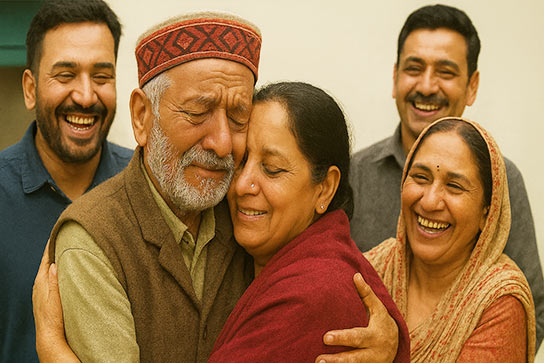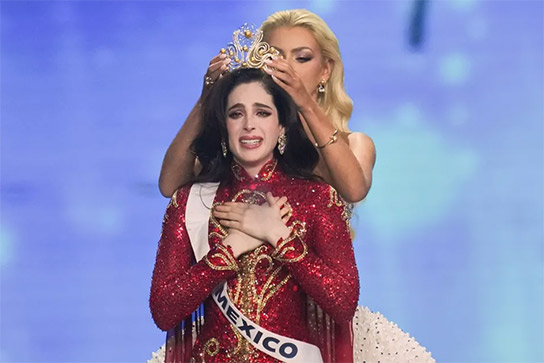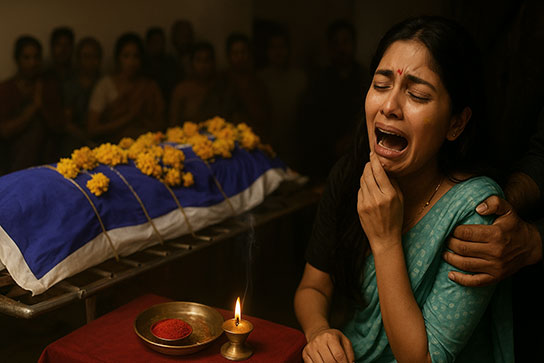The South African government's proposal to allow women to have more than one husband has sparked widespread debate in the country.
South Africa already has one of the world's most liberal constitutions, allowing same-sex marriages for all and polygamy for men. Gender rights activists have been petitioning the government to legalise polyandrous unions -- women having more than one husband -- in the interest of equality and choice.
Now, in a bid to make the institution of marriage more inclusive, the legalisation of polyandry was put forward in a green paper published by the Department of Home Affairs.
Part of a sweeping move by the government to reform the country's Marriage Act, the proposal has the country’s conservatives and certain religious groups up in arms.
Expressing opposition to polyandry in the strongest terms, TV personality Musa Mseleku, who has four wives, told the BBC, "This will destroy African culture. What about the children of those people? How will they know their identity? The woman cannot now take the role of the man. It's unheard of. Will the man be expected to take her surname?"
Reverend Kenneth Meshoe, the leader of the African Christian Democratic Party, said that polygamy is "an accepted practice," but polyandry is not. He said during an interview that a marriage with multiple husbands cannot work because "men are jealous and possessive".
The leader of the Islamic Al-Jamah party, Ganief Hendricks, said, "You can imagine when a child is born, more DNA tests will be needed to discover who the father is."
Professor Collis Machoko, an academic who has conducted research studies on polyandry, told the BBC that objections to the South African government's proposal are about control.
"African societies are not ready for true equality. We don’t know what to do with women we cannot control," Machoko said.
According to a report by CNN, the Department of Home Affairs held consultations with traditional leaders as well as human rights activists and other groups on the key issues of the proposed policy change.
Demagogues and religious leaders echoed views such as polyandry being alien to African culture. On the other hand, human rights activists submitted that “equality demands that polyandry be legally recognised as a form of marriage."
Besides the practice of polyandry, the green paper proposes to rectify current laws that allow the marriage of minors and does not account for couples who change their sex and want to remain married without going through a divorce.
The document also proposes giving legal recognition to Muslim, Hindu, Jewish and Rastafarian marriages, a move welcomed by these communities.
South Africa Considers Allowing Women To Have Multiple Husbands





